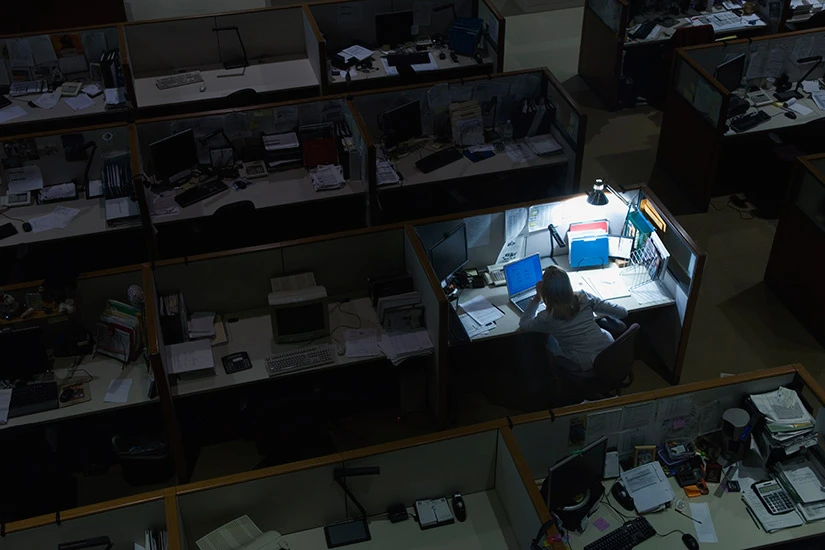Introduction
In recent years, the term "Hustle Culture" has become synonymous with the belief that working tirelessly, loading up on caffeine, and depriving oneself of sleep is the sure-fire path to success. This all-encompassing work ethos has permeated our society, with many individuals buying into the notion that success hinges on a constant state of busyness. However, it is essential to examine the downfalls of such a culture, as it can take a toll on both mental and physical well-being and, ironically, lead to diminished chances of achieving long-term success.
The Allure of the “Hustle Culture”
The hustle culture is often marketed as a path to greatness. Proponents argue that to achieve success, one must commit fully, often to the detriment of their personal lives and well-being. This approach suggests that those who work longer hours, neglect leisure time, and sacrifice sleep will be more likely to reach their goals. In this context, caffeine consumption is encouraged as a means of staying awake and productive, despite the toll it can take on one's health.
The Downfalls of the "Hustle Culture"
- Burnout: One of the most significant downfalls of hustle culture is the heightened risk of burnout. Continuous stress, long hours, and inadequate self-care can lead to emotional and physical exhaustion. Burnout can result in decreased productivity, impaired decision-making, and a loss of motivation, ultimately derailing the pursuit of success.
- Diminished Creativity: Overwork and a lack of rest can stifle creativity. Creativity often thrives in moments of leisure, relaxation, and daydreaming. A culture that prioritizes unrelenting work can hamper the very innovation and fresh thinking necessary for long-term success.
- Declining Health: The physical toll of hustle culture is undeniable. Sleep deprivation and excessive caffeine consumption can lead to a range of health issues, including weakened immune systems, cardiovascular problems, and mental health disorders like anxiety and depression. In the long run, these health issues can hinder rather than enhance one's path to success.
- Neglected Relationships: An intense focus on work often leads to the neglect of personal relationships, causing strain on family, friendships, and even romantic partnerships. Neglected relationships can lead to feelings of loneliness and isolation, potentially impeding one's overall sense of well-being and fulfillment.
- Short-Term Gains, Long-Term Losses: While it might appear that hustling hard in the short-term yields results, it is unsustainable in the long run. Many people who live by this culture risk experiencing "success" that comes at the expense of their health, happiness, and overall quality of life. Success that is achieved through a balanced approach is not only more sustainable but also more fulfilling.
A More Balanced Approach to Success
Success does not need to be synonymous with chronic overwork. A more balanced approach involves setting clear boundaries, prioritizing self-care, and recognizing that sustainable success takes time and patience. It is about finding the equilibrium between work and personal life, allowing for creativity to flourish, maintaining health and well-being, and nurturing relationships. Success is not merely about working harder; it is about working smarter and creating a life that is meaningful and fulfilling.
Conclusion
The "Hustle Culture" may promise success through ceaseless work and self-sacrifice, but it often delivers the opposite. Burnout, declining health, and neglected relationships can ultimately hinder the pursuit of long-term success. Instead, a more balanced approach to success is essential, one that values well-being, creativity, and sustainable achievement. By focusing on a more holistic view of success, we can achieve not just our professional goals but also lead happier, healthier, and more fulfilling lives.
JMD

J. Michael Dennis, ll.l., ll.m.
FREE SPEECH ABSOLUTIST / PERSONAL & CORPORATE FIXER
Systemic Strategic Planning; Regulatory Compliance; Crisis & Reputation Management

